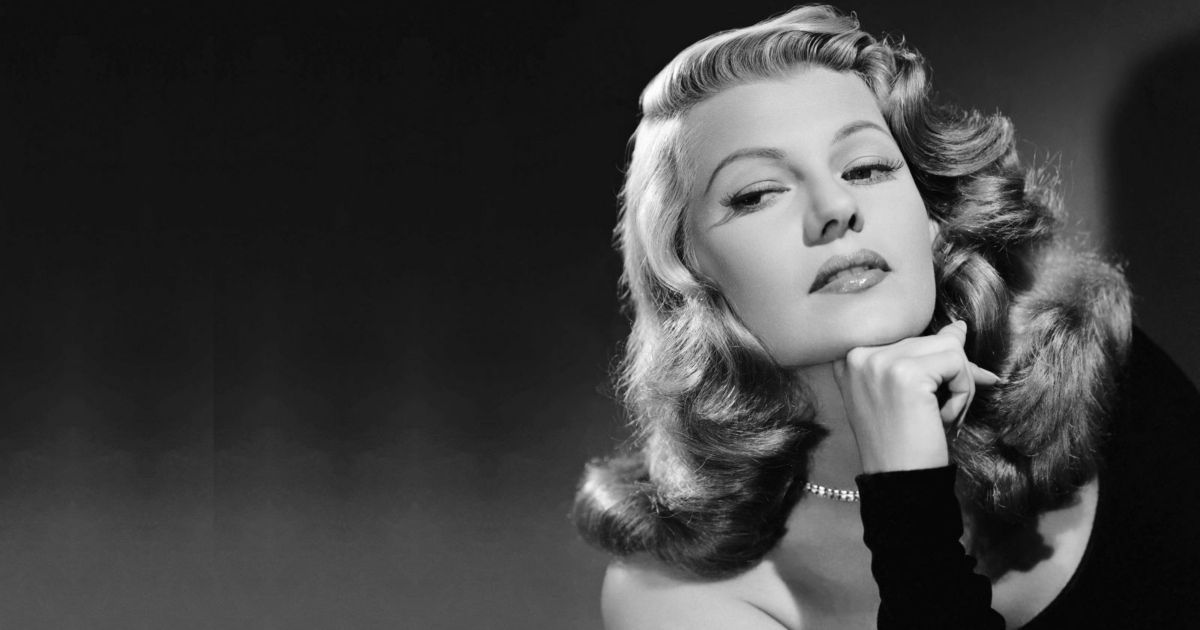1920's movie star:

Mary Pickford
First country to hold a marathon?
Greece
The first country to have a marathon is Greece, with its origins dating back to 490 BC during the Battle of Marathon. The marathon is traditionally linked to the legendary run of Pheidippides, who was tasked with delivering news of victory from the battlefield to Athens.
Like a song of love that clings to me
How the thought of you does things to me
Never before
Has someone been more
“Unforgettable” by Nat "King" Cole was written by Irving Gordon. 1951.
"Love means never having to say you're sorry."

—Jenny Cavilleri (Ali MacGraw) in Love Story (1970)
"All that we are is the result of what we have thought."
Buddha Einstein Mother Theresa
Buddha
1930's movie star:

Jean Harlow
What is the name of this movie? And in which country(countries) is it set?
Apocalypse Now 1979
American psychological epic war film produced and directed by Francis Ford Coppola. The screenplay, written by Coppola and John Milius, with narration by Michael Herr, is loosely inspired by the 1899 novella Heart of Darkness by Joseph Conrad, with the setting changed from late 19th-century Congo to the Vietnam War. The film follows a river journey from South Vietnam into Cambodia undertaken by Captain Willard (Martin Sheen), who is on a secret mission to assassinate Colonel Kurtz (Marlon Brando).
When I grew up and fell in love
I asked my sweetheart what lies ahead?
Will we have rainbows day after day?
Here's what my sweetheart said
Que Sera Sera
Doris Day
The song "Que Sera Sera (Whatever Will Be, Will Be)" was written by Ray Evans and Jay Livingston. It became famous after being performed by Doris Day in the 1956 film "The Man Who Knew Too Much"
"Is that your gun in your pocket or are you just glad to see me?"
—Mae West as Marlo Manners in Sextette (1977)
"If you judge people, you have no time to love them."
Buddha Einstein Mother Teresa
Mother Teresa
Movie star 1940's

Rita Hayworth
Songs with "America" in the title...
America Siimon & Garfunkel
A timeless folk classic that evokes a sense of longing and searching for identity in America."America" by Neil Diamond
This patriotic anthem celebrates the immigrant journey and the promise of the American dream.- "American Woman" by The Guess WhoA powerful rock song that critiques American culture while celebrating the bold spirit of American women.
- "Living in America" by James Brown
Funk meets patriotism in this energetic track that celebrates the vibrancy of American life. - "Party in the U.S.A." by Miley Cyrus
A feel-good anthem that captures the thrill of living in the land of opportunity. - "American Pie" by Don McLean
A nostalgic reflection on the changing times in America, often seen as a tribute to a lost era of innocence. 
- "This Land is Your Land" by Woody Guthrie
A folk-country classic that has become an anthem for inclusivity and the shared experience of America. - "American Girl" by Tom Petty and the Heartbreakers
A timeless anthem that captures the free-spirited nature of an American girl navigating life and love.
Sweet land of liberty
For this I sing
Land where my fathers died
Land of the pilgrims' pride
From every mountainside
Let freedom ring!
"My Country, 'Tis of Thee", also known as "America", is an American patriotic song whose lyrics were written by Samuel Francis Smith. The melody is adapted from the de facto national anthem of the United Kingdom, "God Save the King".
"I am serious…and don't call me Shirley."
—Leslie Nielsen as Dr. Rumack in Airplane! (1980)
The greatest wealth is to live content with little."
Einstein Plato Coco Chanel
Plato
1950s Movie Star:

Clark Gable

Royal Palace: Madrid, Spain
His back is brawny but his brain is weak
He's just plain stupid with a stubborn streak
And by the way, if you hate to go to school
You may grow up to be a mule
"Swinging on a Star" is an American pop standard with music composed by Jimmy Van Heusen and lyrics by Johnny Burke.[1] It was introduced by Bing Crosby in the 1944 film Going My Way,

You sit on a throne of lies." —Will Ferrell as Buddy in Elf (2003)
"Be yourself; everyone else is already taken."
William Shakespeare Oscar Wilde Charlie Chaplin
Oscar Wilde
movie star 1960s:max_bytes(150000):strip_icc()/MCDPAOF_EC072-030dd2cbf8304b9d839830da0cce515d.jpg)
Sidney Poitier (/ˈpwɑːtjeɪ/ PWAH-tyay;[1] February 20, 1927 – January 6, 2022) was a Bahamian-American actor, film director, activist, and diplomat. In 1964, he was the first black actor and first Bahamian to win the Academy Award for Best Actor.[2] Among his other accolades are two competitive Golden Globe Awards, a BAFTA Award and a Grammy Award, in addition to nominations for two Emmy Awards and a Tony Award. In 1999, he was ranked number 22 among the "American Film Institute's 100 Stars".[3][4] Poitier was one of the last surviving stars from the Golden Age of Hollywood.[5][6][7]
How many miles per hour does the earth orbit around the sun?
In that small cafe
The park across the way
The children's carosel
The chestnut trees
The wishin' well
"I'll Be Seeing You" is a popular song about missing a loved one, with music by Sammy Fain and lyrics by Irving Kahal.[1] Published in 1938, it was inserted into the Broadway musical Right This Way, which closed after fifteen performances.[2] The title of the 1944 film I'll Be Seeing You was taken from this song at the suggestion of the film's producer, Dore Schary. The song is included in the film's soundtrack.
There’s no crying in baseball!”
— A League of Their Own (1992)
Tom Hanks’ outburst at a crying player is so exaggerated and unnecessary that it’s become one of the film’s standout moments, often quoted in real-life sports contexts.
"Nonviolence is a weapon of the strong."
Mother Teresa Mahatma Gandhi Benjamin Franklin
Mahatma Gandhi